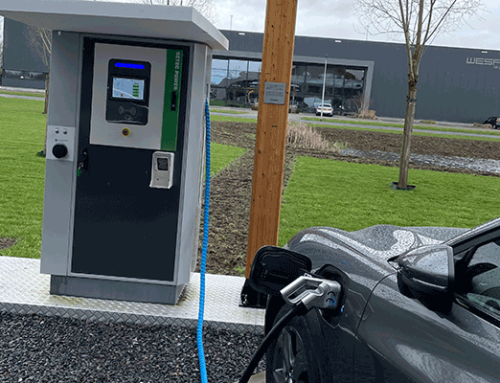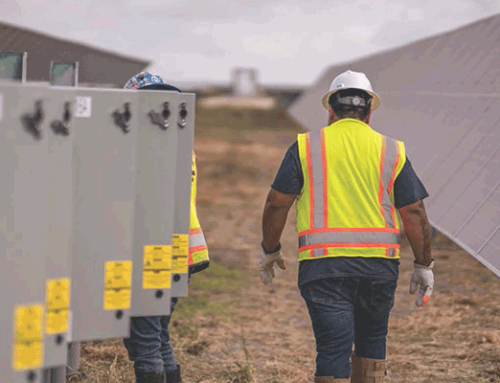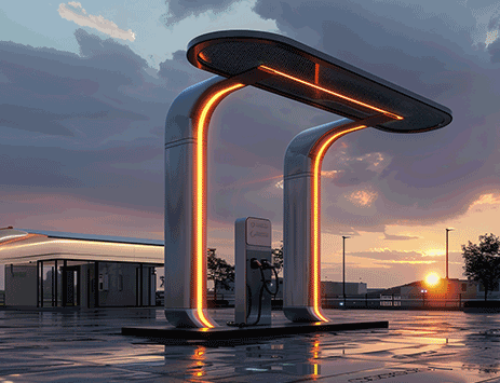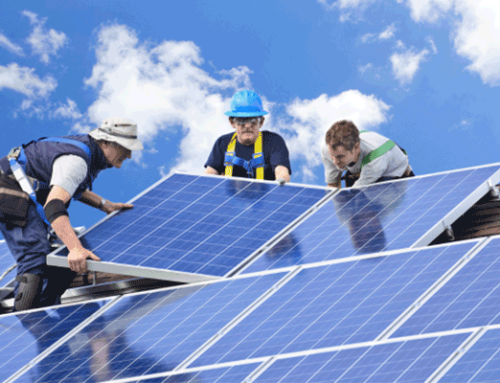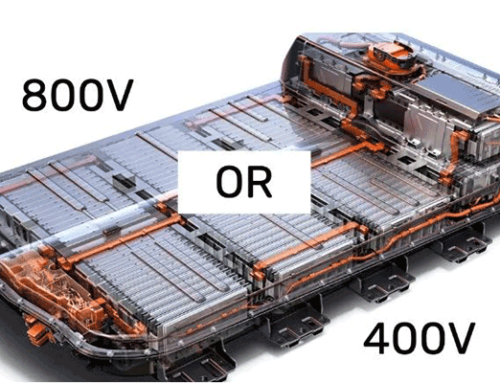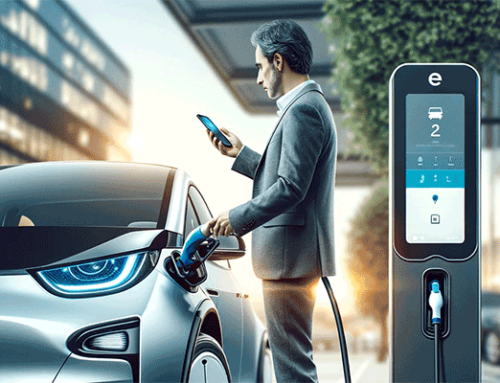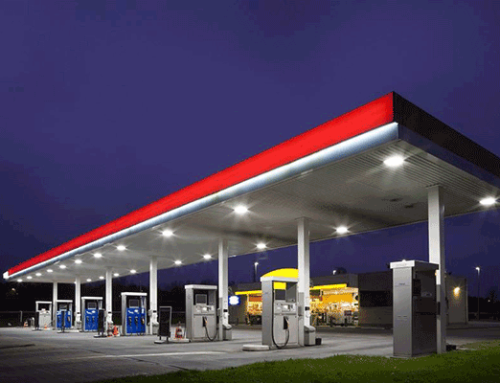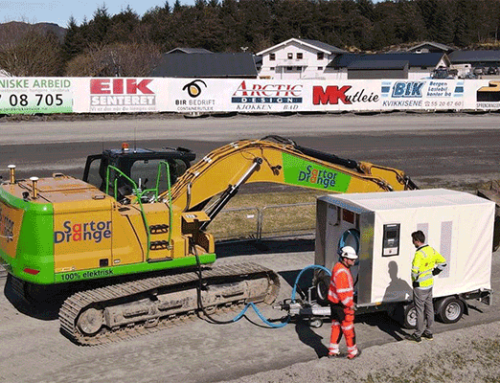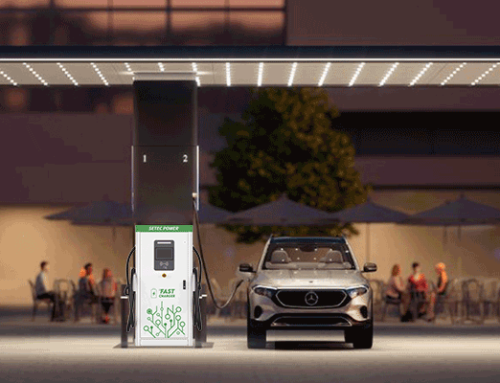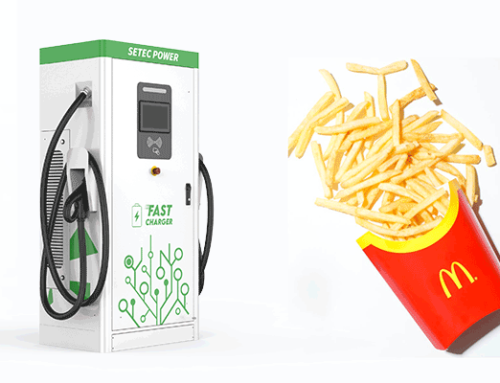Brazil’s second-largest private energy producer, China Three Gorges Corporation, which currently invests heavily in hydropower and wind farms, will expand its business into charging piles and further into solar energy in the future.
The group will install 18 charging points for electric vehicles on a 1,300-kilometer stretch of road linking São Paulo and Mato Grosso do Sul. This is an important commercial route, but the infrastructure to provide charging services for electric vehicles is currently lacking.
This is the first project of the Chinese giant in this field. The group, which came to Brazil in 2013, has invested in 17 hydropower plants (14 of which are operated by it) and has stakes in 11 wind farms. Later this year, it will announce its entry into the solar space.
Its 10 power plants, as well as two small hydroelectric plants, are located on the road where charging points are to be built. Some power stations have installed trial charging piles to provide charging services for the company’s fleet. By the end of this year, the group will have 25 electric vehicles.
José Renato Domingues, vice president of CTG Brazil, said: “We are the only company that can provide consumers with certification that these energy sources are 100% clean”.

Electric vehicle scale
According to the Brazilian Association of Electric Vehicles (ABVE), Brazil currently has 1,250 charging points on roads and commercial points in major cities. The current national electric fleet size is 79,800 electric, plug-in hybrid and hybrid electric vehicles and light commercial vehicles, and hybrid vehicles are not charged through charging points.
Despite the small and elite market size, with EV prices ranging from R$160,000 to R$1.08 million, the sector has attracted investors who are optimistic about demand growth and want to be at the forefront of new technological developments.
The investment idea is to prepare for the use and sharing of charging charging systems under the supervision of the National Electricity and Energy Agency (Aneel). Today, charging is free at most sites, but that will change as demand increases, according to VP Domingos. The charging stations should officially start operating in 2023.
Brazil’s energy matrix includes 85% renewable energy and 15% non-renewable resources. According to him, they will only contract with suppliers of clean energy. The process will be certified through unprecedented traceability technology.
strategy
This project not only helps the State Electricity and Energy Administration to popularize this technology, but also is related to the company’s growth strategy. “Most of the business [installing charging stations in capitals and big cities] is being done, but there is a lack of this infrastructure in the interior of São Paulo and other areas, so we are entering an area that has not yet been explored, where other companies have not yet paid attention.”
Among the cities inland in São Paulo that will have charging points on the route to Três Lagoas (MS) are Boituva, Cândido Mota and Tupi Paulista.
CTG operates in 47 countries, and the Brazilian subsidiary is the group’s most important outside of China. “Going into the field and developing new technologies, we are opening up a new prospect within the group,” Domingos told reporters.
This year, the group should invest between 25 million and 40 million reais in research and development, with 8.2 million reais in electric vehicle projects.
